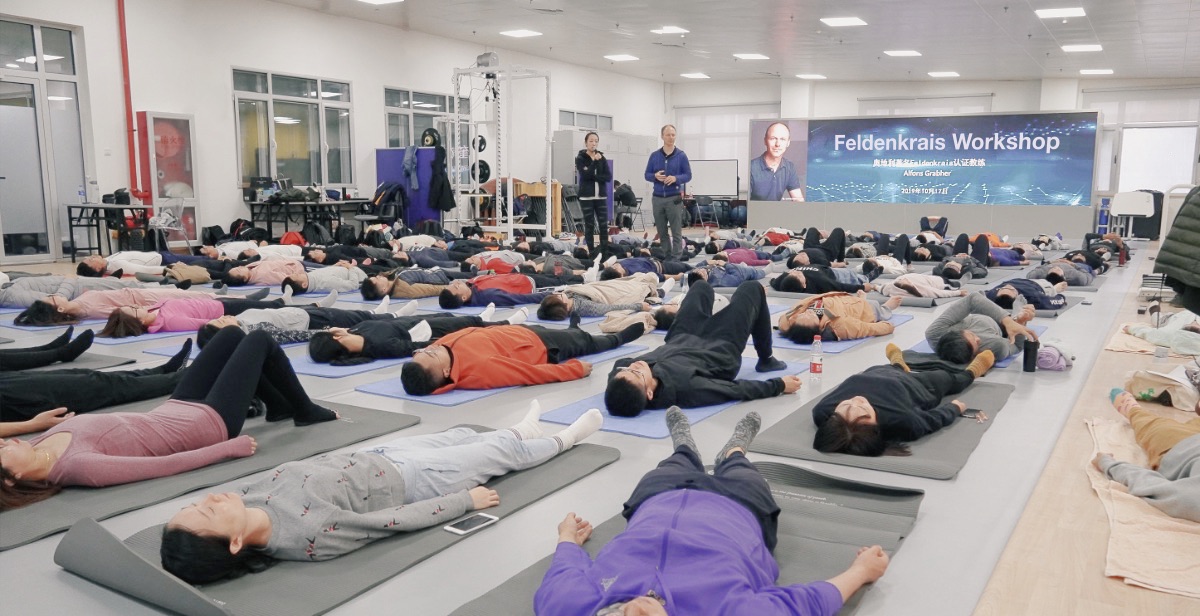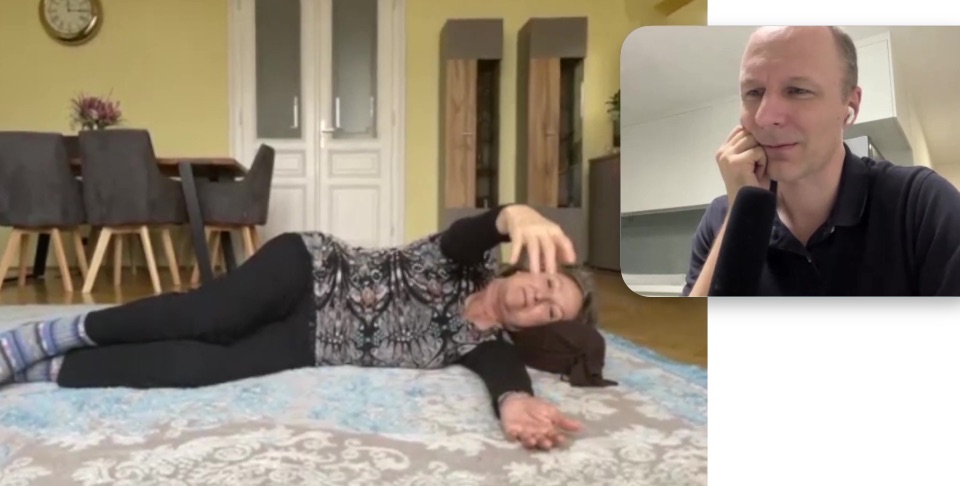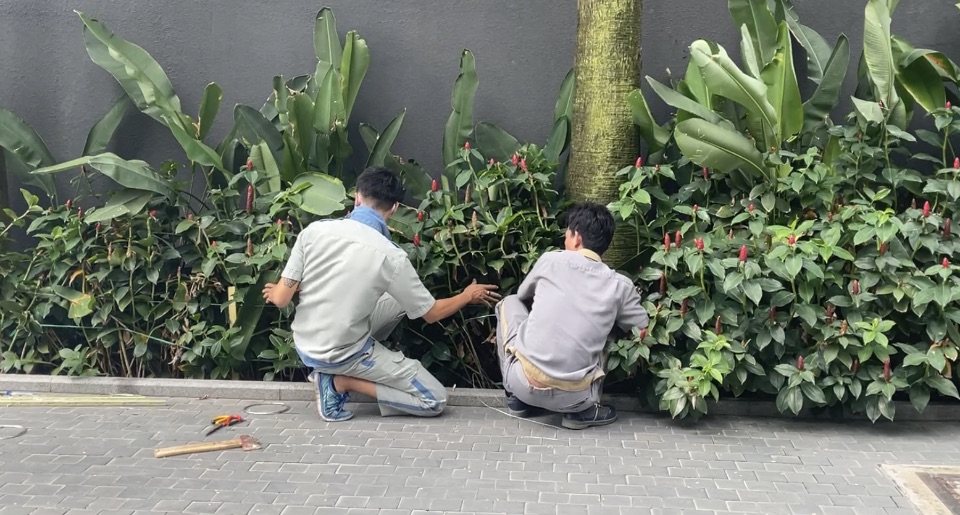Concerning spoken lessons, I clearly feel that working with a single person – as opposed to a group – somehow feels more immediate, as if there were less joints in between us.
From my teachers point of view, being in a class with one person only, feels like sitting in an agile little canoe, or a rowboat; every little ripple in the sea becomes noticeable, every small bump in the road, every speckle of dust on the bonnet, every flower and tree on the roadside… „Everything is open to view, nothing is hidden”, to quote Ludwig Wittgenstein, the Austrian Philosopher.
A lesson, despite being a series of movement instructions, the movements themselves feel like the chassis, the innermost or lowermost layer of what I am saying. On top of that are a number of layers and linings that respond to the other person’s physical prowess, emotional readiness and composition – and to my own versions thereof. A spoken lesson is like a conversation you would have with someone over a cup of tea or a piece of paper, with movement instructions as the agreed upon elements of scaffolding, woven into the fabric of the many-layered and friendly-natured interaction.
Contrariwise, group lessons feel more like trying to read a paragraph in unison. Do you recall? Two or more people reading the same text out loud is considerably slower and more generic sounding than just one person reading the same text. But oh-my-gosh can a chorus sound well, it’s a whole different experience altogether. The whole is bigger than the sum of its parts. Yet, sudden changes of direction, spontaneous chime-ins, fill-ins and solos, as brilliant as they may be, are not to be taken lightly because they can change the whole song for the better, or can make it fall apart.

Side-Note: Surprisingly, when turned around and looked at from a students point of view, as I often am a student myself, the difference between me being one-on-one with a teacher, or me being in a group class, is much less pronounced, and in both settings I have the feeling the teacher is talking to me directly. Maybe the biggest difference, for me as a student, is that in a group I have the feeling I can hide better; and it’s more difficult to ask questions. And there’s this whole annoying thing about hierarchy and students who are lying next to me passing gas. But that’s another story and shall be told another time.
When I started out as a teacher I was scared of teaching groups, and loved the confidentiality, the private atmosphere, the immediacy of one-on-ones, which always felt more safe to me. In fact, when I started out as a teacher, for 2-3 years I mostly taught only one-on-ones. Then, at some point, I was hungry for groups, for the challenge, the changed dynamics, the thrill of it, for large rooms filled with students, for students lining up to study with me, for me to learn how to work with many people at the same time, and to experience how it is to walk in a sea of devoted practitioners while talking ourselves through a lesson.
As my practice grew so grew my experience with ever bigger groups. And then, after an interesting one and a half decades, and after having taught groups of 10, 50, 100 people at a time, I have had enough of teaching groups. Now I most enjoy one-on-ones again.

Life is a funny sort of thing. At first we look forward with big appetite and aspiration and hope and fear and there’s so much room for failure, drama, trauma, growth, success, and triumph. But strangely enough, one day there comes a moment for each one of us, there we are, fully present, and give it enough distance (from the start) and closeness (to the end), after the sorrow, the regrets, the exaltation… … …there’s comfort, solace, consolation. And really no matter how good or bad everything went—there’s peace. At last, all is well.




